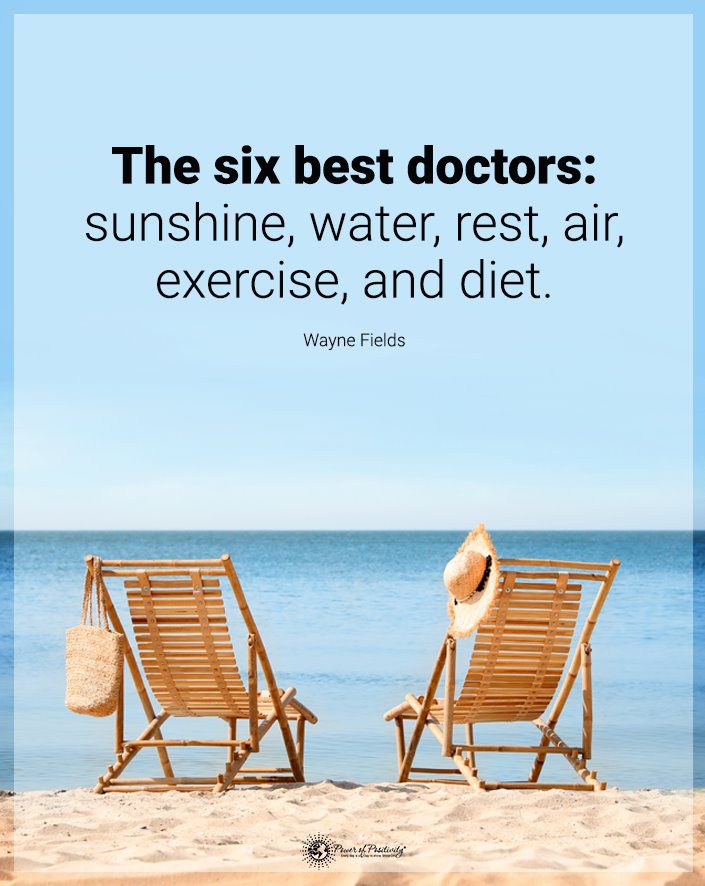Newborns signify a new dawn on earth. Their mothers are always the proudest people on such days. Sooner or later, with the onset of life, nursing comes into play. It is then a mother realizes that she just signed up for an exhaustive job that has no clear working hours. Breastfeeding.
The baby could wake up in the middle of the night wanting to be fed, and the mother has to do her job definitely. Breastfeeding benefits are therefore turned into boring excuses.
However, a few mothers have realized the secret and changed this extremely exhaustive chore into mindful nursing where they meditate and infuse peace within their core centers during the latter. Mindfulness has numerous applications such as in childbirth, parenting, and nursing.
For those who’ve tried various mindful breastfeeding tips, there has been a significant improvement in their health, and general lives let alone having a stronger bond with their children.
How to practice mindful breastfeeding
Mindful nursing involves tuning your body to the different senses it has to produce inner peace and also relax to be able to do things like nursing easily without the pressure of what will happen in the next few moments or what you failed in as a mother. It tunes your attention to the moment at hand alone and eliminates worry and thoughts about the future and past.
This, therefore, means that to have the best nursing sessions, you must be in touch with your body.
Here are a few mindful breastfeeding tips you may want to consider:
1. Create a peaceful environment
A noisy environment is distractive and draws your attention away from the general mindfulness process. If you stay in an urban environment, finding a calm atmosphere might help you achieve a successful mindful nursing session that would have otherwise been impossible.
A peaceful environment reduces the strain on your body senses like hearing and eye movement which makes them easy to control and tune for mindfulness. It is, therefore, necessary one finds a good environment and sit in it for a while during nursing.
2. Practice relaxation breath
An excellent example of mindfulness is performing controlled breathing with intervals for several separate times in a day for week or months. Breathing exercises slow down your heart making it easy for you to think clearly.
This also calms the sea of thoughts that are swirling in your mind making it easier to focus on nursing alone. Besides, these exercises teach you in the discipline of concentration where you have to concentrate your whole body and mind to your breathing pattern.
Here is a simple strategy for mindfulness through breathing;
Achieve a natural upright and comfortable nursing position and posture. It would help to avoid sitting with your back curved.
Determine the rhythm of your breath and make a mental note of the pattern.
Without changing your breathing intervals, try as much as possible to focus your whole mind on the ongoing breathing process. Whenever your thoughts move away from the breathing, force them back immediately and hold them for as long as you can.
The time spent on focusing your mind on breath has no limit. You can do this all day and have reasonable results.
Since for most mothers finding time to practice the latter is hard, the best time to do this would definitely be during nursing as only the breast is under use and the baby is mostly quietly feeding on the milk.
The mother is mainly always just seated thinking of other things which may make nursing a catastrophe! All the baby needs is the milk.
3. Using mantras while nursing
Chanting mantras has for a long time been known as a way of self-hypnosis or as a way to convince other people of absolute truths. You can speak various mantras to your baby or to yourself during nursing to make it possible to be mindful.
A good example is saying, ‘I am filled with inner peace.’
Repeating these mantras while focusing your mind on them is a vital mindfulness habit.
4. Using podcasts
There are numerous podcasts available free of charge or even excellent ones that can assist you to practice mindfulness during nursing. These podcasts are a great way to train your mind to focus on the tasks.
5. Making yourself aware of your baby’s environment
Our brains recognize and adapt to situations based on their knowledge and past experiences. This is called neuroplasticity. Creating awareness for your mind by being kind and compassionate to the nursing child enables the brain to adapt positivity and add control to your meditation.
Use the baby’s actions and movements such as sucking and breathing paces to bring your mind back whenever it wanders.
6. Avoid covering the baby during nursing
Covering your baby during nursing can prevent us from having the first-hand view of the experience going on and also make it difficult to connect to the baby through her actions.
Many mindfulness coaches have listed nursing your child openly as one of the best breastfeeding tips and also one of the best practices for successful mindfulness.
7. Relaxation apps
Relaxation apps have a wide range of meditation formulas and mindfulness tips that could help you become focused on nursing and center yourself. Some apps have breastfeeding tips meant for lactating mothers.
Practicing the above breastfeeding tips calms and centers you as a mother without having the need or the presence of an instructor and no effort is made physically.
Mindful nursing has huge benefits; not only on the mind but also on general body health.
Health benefits of Mindful breastfeeding
1. Mind benefits
Mindfulness is drawn from the word mind, which means that the brain is involved in mindfulness. Coupling nursing with mindfulness has numerous benefits on the mind and body let alone the satisfaction that rests on the mind.
Tracing back the sources of fear and anxiety becomes easier since concentration is present
This helps solve worries and concerns in mothers, contrary to traditional therapy methods, which took long to find out the source of such thoughts.
During nursing, a mother is more likely to be open to talk about her experiences, which helps them or the instructor uproot any negative thoughts in the mind that may be preventing full potential productivity.
A confidence boost is generated once anxiety causes are eliminated through mindful breastfeeding.
The notion of nursing as a bad chore is eliminated
Once mothers start seeing the process as an opportunity to get in touch with their inner selves and meditate, nursing no longer bears the name ‘exhausting and boring.’
It becomes a way to focus one’s energy to solve personal problems which give the mind peace, increasing productivity.
Mindful nursing is an excellent way to get rid of tension and stress which is responsible for causing diseases such as blood pressure and ulcers. Many causes of stress could be easily countered by practicing mindfulness during nursing.
2. Physical body
The body is more relaxed and relieved
This improves the body’s general health and makes the body less susceptible to diseases. This is because less energy is spent on worrying and more power is directed towards the immune system.
Growth is quick and assured as the body and mind is less overworked as a result of mindfulness.
Breathing exercises mentioned above help relieve insomnia known to cause various unwanted effects on the body.
Sex drive is improved since the body has more time to produce hormones associated with sex.
3. Baby
There is a bloom in the relationship between you and your baby that will last your entire lifetime. Nursing regularly strengthens the bond between a mother and her child. Thus you minimize the chance of problems arising from having a poor relationship with your child.
This betters the mothering experience.
The connection and emotions surrounding nursing influence the production of hormones that bring the mother and child closer to each other.
Breastfeeding mindfully also helps in the development of the baby. This is because the milk flows naturally from the breasts. Thus, you need no artificial enhancements to control the flow of the fluid.
This ensures the baby gets healthy milk directly for the mother. This is common in situations where nursing is a problem due to anxiety and fears.
Final thoughts on mindful breastfeeding
Nursing is one of the best experiences of motherhood besides seeing your kid grow into a responsible adult. It is meant to make the whole mothering process fun. It is, therefore, necessary to be keen to avoid turning it into a natural necessity.
Practicing mindful breastfeeding has been proven to be of many health benefits let alone the time and dime it saves you! It is wise to start slowly and graduate to complex mindfulness practices during nursing as the days progress.
The earlier you start, the better and keep in mind that nursing is for a short period. Also, remember that if a specific mindfulness practice worked for your friend, it does not necessarily mean that it will or will not work for you. Finding your pace and niche is therefore advisable.
If you cannot wholly practice mindfulness alone, it might be best to seek a partner or an instructor. Mindful nursing has numerous benefits, and we believe that with the tips mentioned above, nursing will become a whole new unexplored adventure.












